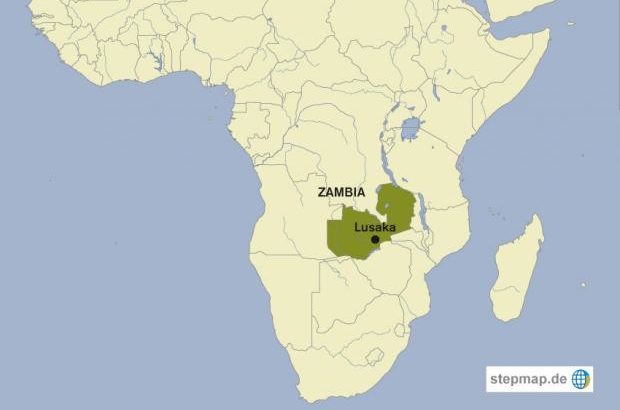Zambia/Mayo de 2017/Autor: /Fuente: Development and Cooperation
Resumen: El Sindicato de Docentes de Educación Básica de Zambia (BETUZ) informa que Zambia no ha alcanzado el punto de referencia que la Comunidad de Desarrollo del África Meridional (SADC) ha fijado para el gasto en educación. El punto de referencia es el 20% del presupuesto nacional. Cuando BETUZ celebró su reunión general anual en Livingstone a finales de febrero, los líderes sindicales señalaron que el gobierno ni siquiera había asignado el 17% del presupuesto a la educación. El año pasado, la participación fue un poco más del 17% (véase también Frank Masanta Jr. en D + C / E + Z e-Paper 2017/05). Para empeorar las cosas, el gobierno ha transferido la responsabilidad financiera de las escuelas básicas del Ministerio de Educación a los gobiernos locales con escasez de dinero. La mayoría de los consejos municipales, incluyendo el de la ciudad de Ndola, no están arreglando incluso obligaciones básicas tales como sueldos.
The Basic Education Teachers’ Union of Zambia (BETUZ) reports that Zambia has failed to reach the benchmark the Southern African Development Community (SADC) has set for spending on education. The benchmark is 20 % of the national budget. When BETUZ held its annual general meeting in Livingstone in late February, union leaders pointed out that the government had not even allotted 17 % of the budget to education. Last year, the share was a little more than 17 % (also see Frank Masanta Jr. in D+C/E+Z e-Paper 2017/05).
Making matters worse, the government has transferred the financial responsibility for basic schools from the Ministry of Education to cash-strapped local governments. Most municipal councils, including the one of Ndola City, are failing to settle even basic obligations such as salaries.
Basic (primary) schools now depend on private help. During a Parent-Teacher Association meeting at Perseverance Basic School in Ndola’s Hillcrest neighbourhood in late February, parents were asked to pay for fencing and the repair of the sewer and water system.
“Isn’t this the responsibility of the Ndola City Council?”, one parent asked. A representative of the teachers responded that the school only gets the equivalent of $ 100 for school infrastructure, including textbooks.
BETUZ also disclosed that government is contemplating abandoning hard copy pay slips and issuing electronic (e-pay) slips to teachers instead. The idea is to save the money needed to print pay slips. One implication, however, is that teachers would be required to create e-mail accounts so they can receive pay slips by e-mail. This should be no problem for teachers in urban areas, but many colleagues in rural areas cannot access the internet easily.
Zambia’s school crisis has international dimensions. The reason the government has had to reduce spending is that the copper price has dropped on the world market. Demand from China is particularly weak. This matters as China accounts fro about 40 % of global copper purchases. Zambia is now awaiting a bailout from the International Monetary Fund. Public debt has climbed to 60 % of GDP.
Fuente: https://www.dandc.eu/en/article/zambias-cash-problems-affect-education-sector-negatively








 Users Today : 6
Users Today : 6 Total Users : 35460269
Total Users : 35460269 Views Today : 7
Views Today : 7 Total views : 3418975
Total views : 3418975